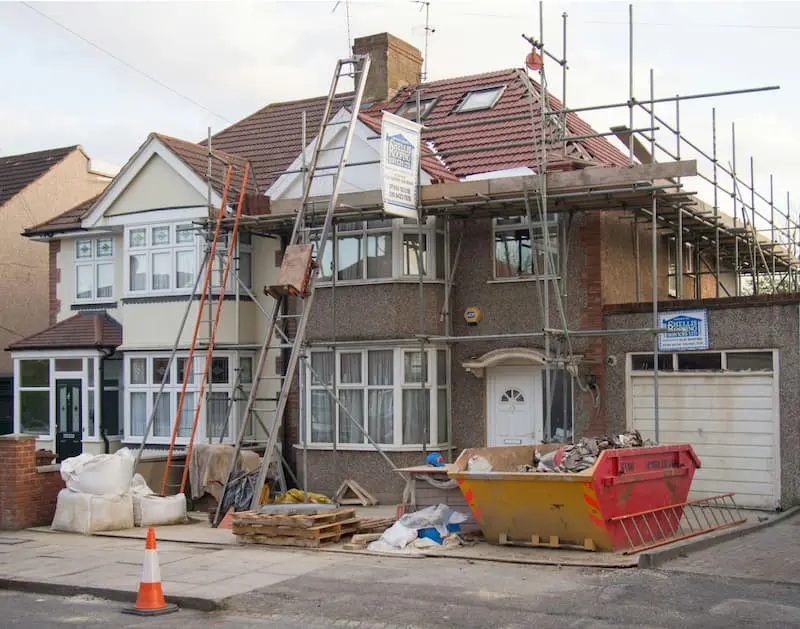Undoubtedly, there’s money to be made in new construction. Residential construction is booming in some regions of the country; single-family housing starts nationwide are forecast to increase by 4.7% this year and another 4.2% in 2025, reaching a pace of 1.3 million units, according to the National Association of Home Builders. HVAC companies near these developments may turn this opportunity into solid profit.
But that profit also comes with risk, and if you’re thinking about selling your company in the next year or so, that risk may drive off qualified buyers. If new construction is the majority of your revenue, you may be hurting the value of your business.
Here’s why.
Developers often install the least expensive equipment they can.
They almost always order the bottom of the line, with the exception of custom homes. Before the home is sold, there’s no way to control the conditions the unit is exposed to or to offer maintenance agreements. That means the unit is more likely to break down or not function properly when the owner takes possession of the home. And new owners will blame the HVAC company rather than the developer for any issues.
When customers are ready to replace or repair equipment in a few years, they will almost never recall who installed the original equipment (that they’re not happy with, anyway) so they start looking for a new company from scratch. The opportunity for repeat business goes down significantly.
Your installation crews may not be able to pivot to service and repair quickly. Installing ducts and new units in an empty attic and a house without walls is a specific skill set. The workers who do it well are often not the same ones who excel at making customer calls, selling maintenance agreements, or even repairing existing systems.
You’re not in charge of the builder’s schedule, so you can’t plan for or control slowdowns in work. A new HVAC business owner would have to do significant cross-training to keep these crews on if new construction starts to slow down.
New construction requires setting up accounts that are receiveable and living with longer terms. Commercial companies deal with longer pay cycles, but most residential service and repair companies don’t carry A/R because customers pay at the time of service. Developers are often slow to pay since they’re managing a complex cash flow situation, so you’ll need more cash on hand to cover costs. You’ll also have to spend money to collect your money.
In addition, there’s the risk that rising interest rates or a financial crisis (for the company or the greater economy, as in 2008), could cause the developer to halt construction and even declare bankruptcy. You may be left standing in line with other creditors to recoup costs for equipment you’ve already bought and installed.
That’s a lot of financial risk for a buyer. That’s why if new construction is more than about 20% of your existing business, most buyers will pass or expect a deep discount. Lenders, too, are reluctant to finance a deal that involves that much uncertainty and risk.
But….
There are certainly reasons to be wary of building your business on new construction, but somebody has to install these units, and if you are well-positioned, it might as well be you.Just be warned that if you allow your business to be over-leveraged with this kind of work, you may not have as sellable a business as you think.







